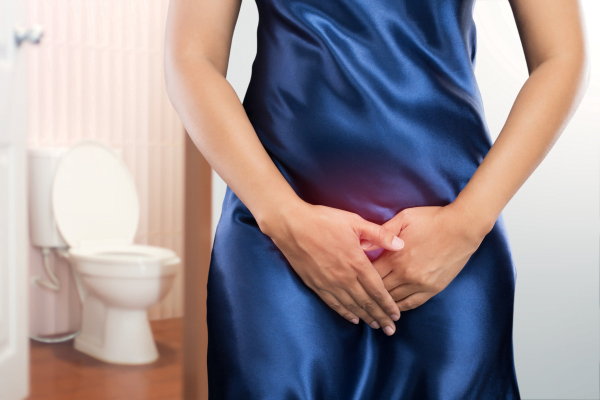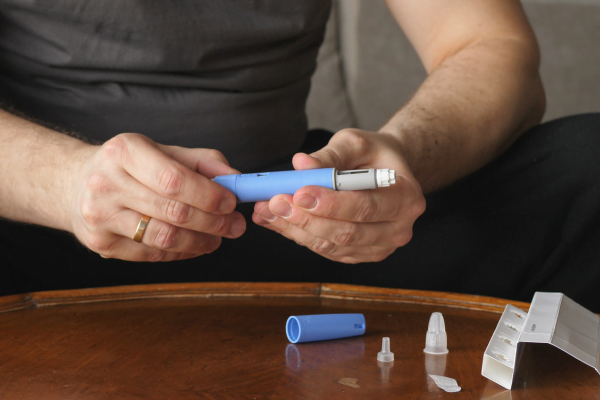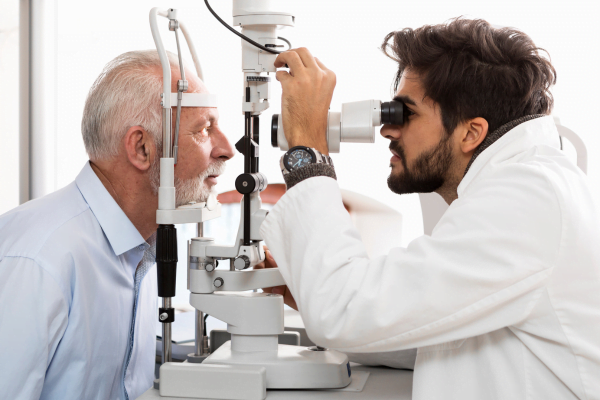A chronic, complex disease that can harm a person’s health, obesity is defined by excessive fat deposits. Obesity can affect the health of bones and reproductive organs, and increase the risk of heart disease, type 2 diabetes, and several cancers, among other problems.
Obesity
A person’s weight and height are measured, and the body mass index (BMI) is computed as follows: weight (kg)/height in m2 (m2), to diagnose overweight and obesity. The waist circumference and other measurements can aid in the diagnosis of obesity. Obesity is associated with several medical conditions, including liver disease, gallbladder, rheumatoid arthritis, diabetes, depression, heart disease, and cancer.
Over 300,000 deaths and over $100 billion in medical costs are directly related to obesity each year.
Urinary incontinence (UI)
The two most common types of incontinence are faecal and urinary. Urinary and faecal incontinence are terms used to describe the involuntary loss of urine and stool, respectively. Either type of incontinence can cause problems for daily activities.
Studies show a strong relationship, especially in women, between obesity and incontinence. One study found that women who were obese were four times more likely than average-weight women to experience urine leakage. According to another study, the incidence of urine incontinence increased by around 50% for every five-unit increase in body mass index (BMI).
Additionally, there is a link between obesity and faecal incontinence. Studies show that compared to people with a normal body weight, obese people are two to three times more likely to experience faecal incontinence. One study found that for every five units of higher BMI, the risk of faecal incontinence increases by approximately threefold.
There are several reasons why being overweight may increase the risk of incontinence.
First of all, being overweight can weaken the muscles that surround the bladder and rectum, making it more difficult to control urination and bowel movements. Moreover, an excess of fat in the body can cause inflammation, which weakens muscles and aggravates nerves.
Finally, being overweight strains your abdomen more, which raises the possibility of bladder or rectal leaks.
Urinary incontinence (UI) and obesity
A multitude of studies have established a clear link between fat, overweight, and urinary incontinence.
Obesity is an independent risk factor for stress-related and mixed urinary incontinence and the most significant risk factor for daily urine incontinence when compared to all other factors.
Studies show that for every unit rise in body mass index (BMI), there is a 60–100% increase in the chance of having daily urine incontinence. Over five to ten years of follow-up, the chance of developing urine incontinence increases by 7% to 12% for every unit increase in BMI of 1 kg/m2.
Overactive bladder syndrome and urge incontinence are not as significantly correlated with obesity and incontinence as stress and mixed incontinence are.
Abdominal fat and urinary incontinence (UI)
One of the main links between obesity and urine incontinence is the accumulation of fat around the belly. Urge and mixed incontinence are not directly correlated with BMI or an increasing waist-to-hip ratio, but urine incontinence under stress is.
How does Incontinence occur due to obesity?
- Set goals – Instead of establishing significant weight loss goals that could lead to dangerous or unsustainable dieting regimens, adopt realistic targets. Try aiming to reduce your body weight by 3% if you are obese. You can lower your chance of developing other linked morbidities including cancer and heart disease by losing this percentage of body weight.
Conclusion
For many people, losing weight can make significant improvements in their UI symptoms. Speak to your doctor if you have any concerns regarding UI. They can assist you in identifying the kind of UI you have and creating a plan of care. Possible course of treatment options include: Exercises for the pelvic floor muscles, loss of weight bladder, retraining drugs, surgery, speak with your Doctor about safe and long-term weight loss techniques if you are thinking about losing weight to control your UI.
Nesha Felciya,
Clinical Dietitian, Simplyweight
- Slow and mindful eating – Chewing slowly and only swallowing after the meal has been thoroughly chewed is always preferable because it takes some time for us to realise when we are genuinely full. Eating slowly enhances your satisfaction signals and makes the meal more enjoyable.
- Set goals – Instead of establishing significant weight loss goals that could lead to dangerous or unsustainable dieting regimens, adopt realistic targets. Try aiming to reduce your body weight by 3% if you are obese. You can lower your chance of developing other linked morbidities including cancer and heart disease by losing this percentage of body weight.
Conclusion
For many people, losing weight can make significant improvements in their UI symptoms. Speak to your doctor if you have any concerns regarding UI. They can assist you in identifying the kind of UI you have and creating a plan of care. Possible course of treatment options include: Exercises for the pelvic floor muscles, loss of weight bladder, retraining drugs, surgery, speak with your Doctor about safe and long-term weight loss techniques if you are thinking about losing weight to control your UI.
Nesha Felciya,
Clinical Dietitian, Simplyweight





